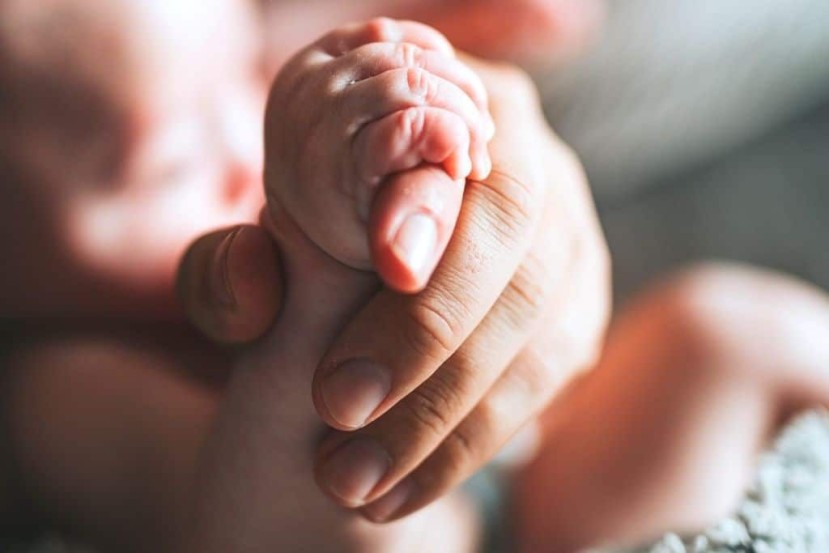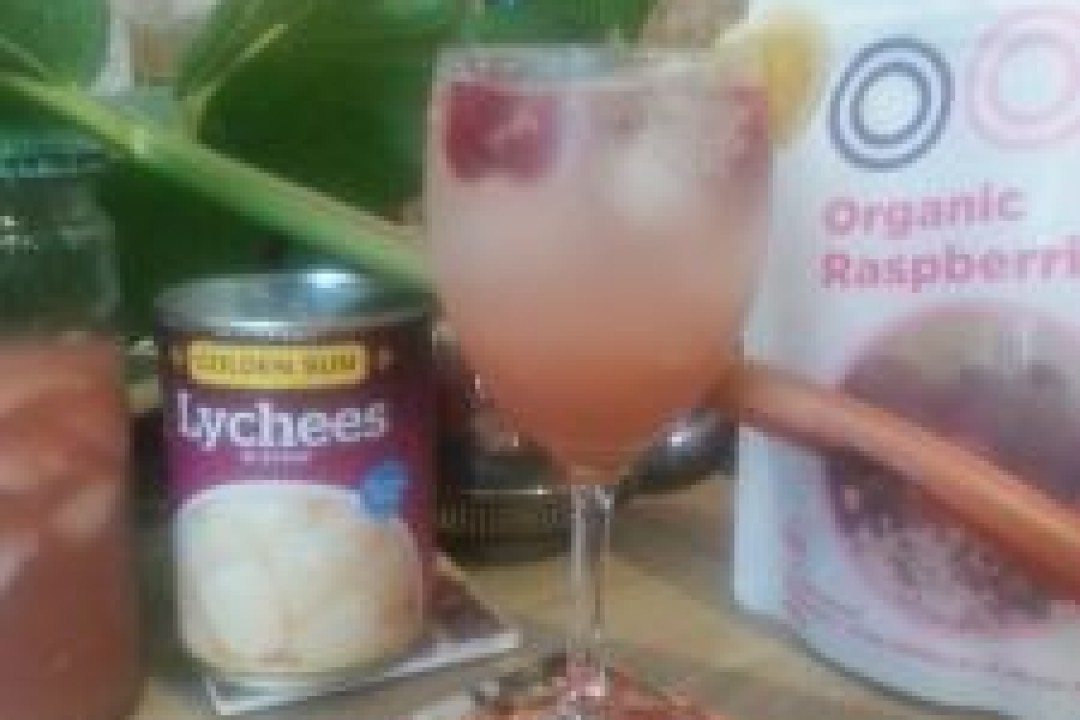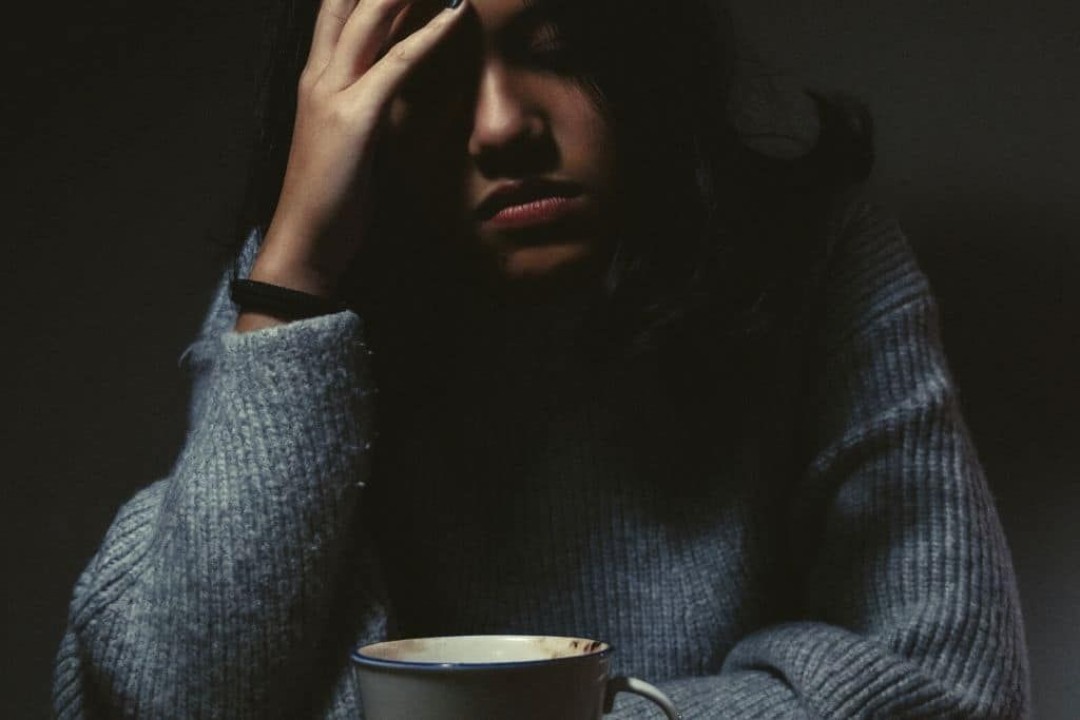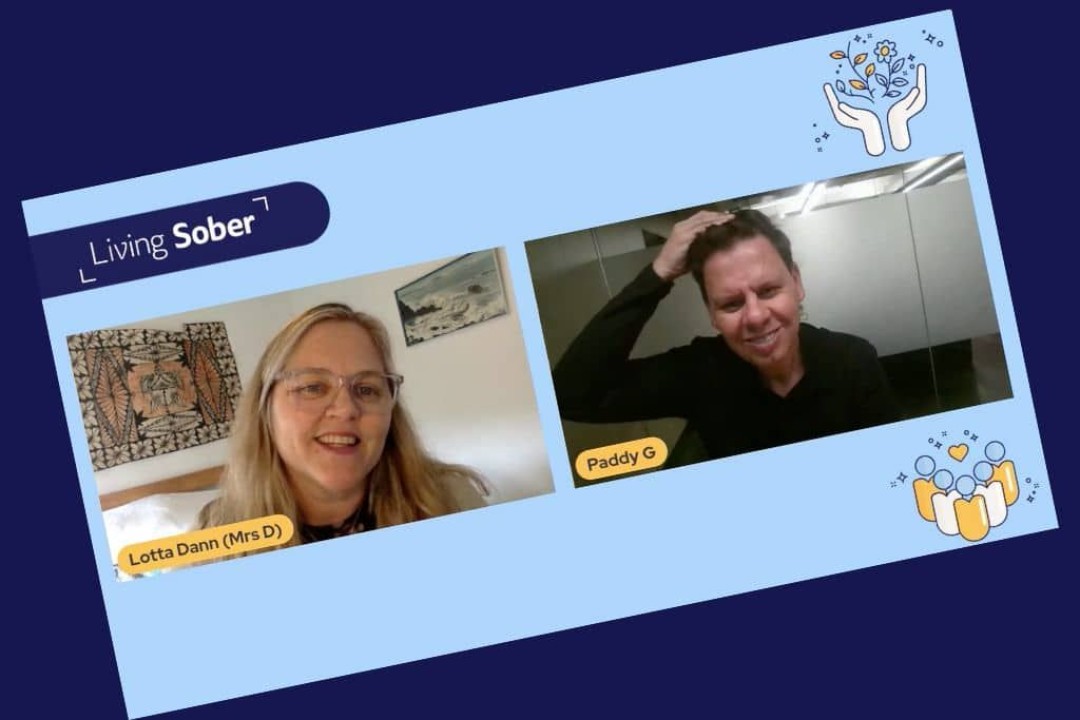Sober Story: Sue
March 2nd, 2022 Interviews 9 comments

Today’s Sober Story comes from Sue, a 65-year-old living in North Derbyshire in the UK.
=============
Mrs D: How long have you been in recovery for?
Sue: I’ve been in recovery now for almost 11 years. My soberversary is on the 8th March.
Mrs D: How was it for you at the end of your drinking days?
Sue: In the years immediately before I stopped drinking I was in a senior role in a local authority, living on my own but spending some weekends and holidays with my partner and other time with my family who were all about an hour’s drive away. My drinking had steadily been getting worse really since my early thirties and the breakup of my marriage and although I had previously stopped for 40 days for Lent and made efforts not to drink in the week I was regularly drinking 50 – 70 units a week. A lot of it was red wine drunk on my own at home after work and if I went out it could easily be 5 pints of real ale. I wasn’t really a spirits drinker but if I had gin or whisky in the house I would empty the bottle. I didn’t take time off work and I thought I performed well. Looking back, I don’t think I did myself of my employers any favours.
Mrs D: What got you to quit?
Sue: There were a number of factors coming together that meant I was thinking about stopping but the real final straw was my then pregnant daughter telling me she didn’t think she’d want to leave her baby with me on my own because she’d be worried about me being drunk and the baby coming to harm. That really did bring me up short.
Mrs D: So did you just quit cold turkey after that?
Sue: Getting sober wasn’t an overnight thing for me , I knew I was drinking heavily and I had in the months before had a fall at home one night when I’d been drinking and either knocked myself out or passed out on the tiled floor. When I went to A&E the following morning the doctor on duty asked me how much I was drinking and I told her. At that point she told me not to just stop because it could be dangerous at the level I was drinking but to get some help. I knew I was going to be made redundant from work and my daughter’s comment came at roughly the same time. I was planning to set up working for myself from home and wouldn’t be answerable to anyone else for my time, so I felt able to go to my GP and ask for a referral to the local drugs and alcohol service. I spent a few months being set targets to reduce my drinking to within safe levels, keeping a drinks diary and seeing a drugs and alcohol worker weekly/fortnightly. Eventually I got my drinking within safe limits and he was able to refer me for aftercare which is what really worked for me because I knew moderation wouldn’t in the long term. I joined a group and had one to one support sessions based on CBT run by support workers who were all in recovery, whether from alcohol or different types of drug. Within a couple of weeks of joining and talking to people who had quit completely I realized that was going to be the only realistic option for me and started looking forward to it. I planned with my support worker to reduce my drinking further and fix a date to stop – much as people suggest folk do with smoking, and then stuck to it. For me this included putting away my lovely wine glasses and decanter ( which never got used) so I got rid of that visual trigger.
Mrs D: How did you friends and family react to you getting sober?
Sue: My partner, daughter and best friend were really supportive in the early days and have been ever since. I know my daughter for one had real doubts about my ability to see it through, but didn’t make that obvious to me. I really think it helped that they saw me make a considered decision and plan for it, rather than swearing I’d never drink again after a really bad night. Apart from them and my wonderful support worker, all the rest of the world knew was that I was giving up alcohol for Lent, which they thought was commendable but not necessarily achievable! I didn’t want to set myself up to fail by making promises I might not be able to keep. My intention was to give up for good if I could but I deliberately set goals I felt were achievable on the way. They were; give up all the way through Lent and not start again, get to 6 months sober, get through Christmas and New Year sober, get to a year sober.
Mrs D: Sounds like a fantastic plan! Have you ever relapsed since you stopped completely?
Sue: Since my first day sober I have not experienced a relapse . I think that’s partly due to the gradual, planned process of withdrawal I went through.
Mrs D: How long did it take for things to calm down for you emotionally and physically?
Sue: Things calmed down emotionally and physically very quickly once I’d stopped, again, I think, because I wasn’t stopping cold from a heavy level of drinking. Three months after stopping I felt well enough and secure enough to stop taking my anti-depressants, having realised that the alcohol both made me depressed and stopped the anti-depressants working properly! I did find myself eating a lot of sweets, it has to be said, but I did get over that!
Mrs D: What about going out?
Sue: It wasn’t as hard as I thought to get used to socializing sober, the hardest part was probably taking my elderly dad out with my brother because that had always been about beer, food and chat. I’m ashamed to say I regularly drove over the limit when I took him out. However, I switched to diet coke, allowed myself chips with my lunch and the new habit soon felt like an old one. Six months after I stopped I moved about 45 miles to live with my partner and that helped get me out of other old routines, and while we’d been drinking buddies he was really supportive and I found it easy to build new routines.
Mrs D: Did you go though quite a bit of personal growth?
Sue: I learned lots of surprising things about myself when I stopped. A big one was realising how unkind I’d been to myself and what harsh self-talk I’d used. I’d done it for years without thinking, thinking that’s what I deserved . Another was discovering pride in sticking to being a non drinker, I was happy to tell people and soon started thinking “if I can do this I can do anything!” The biggest thing of all was discovering how much I loved being a grandma and how lovely it was to have my daughter’s trust again, that took time but was so worth it. I was and am quite overweight and for five years had been on blood pressure medication. I was surprised to learn 12 months after stopping I no longer needed it. Not because I’d lost loads of weight, I hadn’t , but just because I wasn’t drinking and was slightly more active (as in swimming once or twice a week – not running!).
Mrs D: That’s great! How else did you life change?
Sue: My life changed hugely and not at all if that makes sense. I am the same person, just more in touch with myself and confident about my thoughts and feelings. The people who mattered to me are still the people who matter to me and although I’ve changed where I live and what I do I’m still in touch with friends and colleagues who knew me before. However, I am much healthier and fitter more determined, more confident in my abilities and more likely to try something new (like doing a zipwire off the Tyne Bridge in Newcastle six months after stopping and doing a firewalk twelve months on!). I can take pride now in being good to my word, reliable, dependable and able to cope in a crisis. I’ve trained and qualified as a coach since getting sober and am an active part of an online peer network of sober women.
Mrs D: A firewalk? Wow! Can you pinpoint any major benefits that have come to you from stopping drinking?
Sue: The benefits? Well, some of them I’ve outlined , health, self belief, self worth, confidence, ability to work and play harder, smarter and more successfully, not to mention the financial benefits which I’ve felt able to use in part to support my health and personal development.
Mrs D: Would you do anything differently given the chance to do it again?
Sue: The only thing I would do differently would be to do it earlier and not worry about what the people I worked with might say or think. I’d have shilly-shallied less about wanting to be able to carry on drinking and drink responsibly and got on with stopping. I would definitely go through the support and accountability process with the local services again, it enabled me to do my thinking and planning and stop drinking as a rational, positive measure for myself rather than a knee jerk reaction to a bad situation, or because I thought I had to for other people.
Mrs D: Any advice or tips for others who are just starting out on this journey?
Sue: If you’re thinking of giving up do make an honest assessment about how much you are drinking and talk to a doctor/counsellor/someone knowledgeable about what support is available. Tell those around you who will support you. Tell everybody else nothing, (its none of their business and they’re not as interested in what you do as you think they are!). Identify your triggers and plan ways around them, so don’t go into social settings that trigger you for a while, don’t walk down the wine aisles in the supermarket. Don’t buy alcohol for other people. Agree with those you live with not to have alcohol in the house, at least for a period of time. Some sober folk can cope with its presence after a while, others can’t. Be honest with yourself and others about that. Think about this as a positive choice you are making for your own health and wellbeing, not a negative choice because you “can’t manage your drinking”. I promise, once you’ve stopped you will find yourself saying “If I’d known it felt this good I’d have done it years ago”. The only folk who tell you its too hard and your life won’t be worth living are the ones who haven’t done it. Your sober friends will tell you its fantastic!
Mrs D: Sure is! Anything else to add?
Sue: There is one other thing I’d like to share, because it has profoundly shaped my attitude to alcohol and drinking. 15 months after I gave up drinking my much loved younger brother told me he’d been having some health problems and that the consultant now believed they were probably due to alcohol related liver disease. He was extremely frightened, determined to beat it and stopped drinking overnight from a level of 70 – 80 units a week, drinking every night. Two months later he seemed to be making progress but then was admitted to intensive care after falling downstairs (stone cold sober) and it became clear his spleen was severely enlarged and damaged, he had cirrhosis of the liver (which had probably been made worse, ironically, by the sudden withdrawal from alcohol) and his other organs couldn’t cope. He had his 50th birthday in hospital and never came out. He died six weeks later after a tremendous battle. So, if there had been any possibility of me being tempted to think I’d beaten it after eighteen months and “an occasional one won’t do any harm” it disappeared for ever the day he died and I’ll never be complacent about alcohol again.
Continue reading
Rhubarb, Lychee & Raspberry Spritzer
This beautiful concoction comes from our beloved member @morgan who says “this was gorgeous enough to cause the drinkers to abandon their wines, so make plenty!
December 17, 2014
Sober Story: Charmaine
"I believe I saved my marriage and probably my career. I got out of that downwards spiral before it was too late."
February 16, 2022 – 4 comments
Sober Story: Olivia
This week’s Sober Story comes from Olivia, a 50-year-old living in the North of England.
August 21, 2019 – 12 comments
Sobriety Chat: Paddy
Listen to award winning broadcaster and journalist Paddy talks about getting through redundancy without drinking, adjusting to socialising sober, the decision he’s made to be different, and the joy of hangover free mornings.
June 11, 2024 – 11 comments



